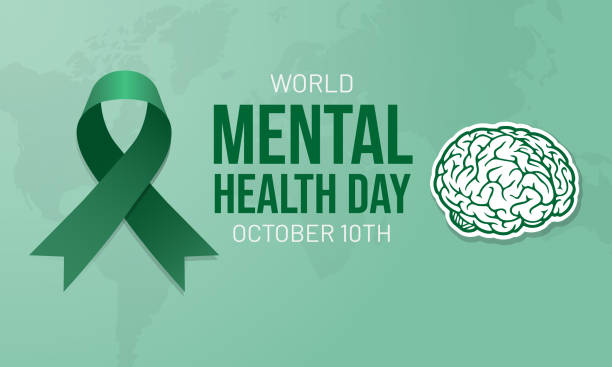
World Mental Health Day is observed globally on October 10th every year to raise awareness about mental health issues and promote mental well-being. The World Health Organization’s theme for World Mental Health Day 2023 is “Mental health is a universal human right,” emphasizing the fundamental importance of mental health for everyone, regardless of age, gender, culture, or socioeconomic background. Here are why mental health should be considered a universal human right and the steps needed to ensure this right is respected and protected.
1. The Right to Mental Health:
Mental health is a crucial component of overall well-being, and it impacts every aspect of an individual’s life. It affects how we think, feel, and act. Recognizing mental health as a universal human right means acknowledging that everyone has the right to access mental health care, support, and resources necessary to maintain good mental health. This includes quality mental health services, education, and a stigma-free environment where individuals can seek help without fear or discrimination.
2. Dismantling Stigmas and Discrimination:
Stigmas and discrimination surrounding mental health can be significant barriers preventing individuals from seeking the help they need. To establish mental health as a human right, we must challenge these stigmas and misconceptions. Education and awareness campaigns are crucial to fostering a society that understands mental health issues, empathizes with those who experience them, and encourages open conversations.
3. Accessible and Affordable Mental Health Services:
Access to mental health services is a fundamental aspect of ensuring mental health as a human right. Governments, organizations, and communities must work together to make mental health services accessible and affordable. This can be achieved through improving mental health infrastructure, increasing the number of mental health professionals, implementing mental health programs, and integrating mental health services into primary healthcare systems.
4. Promoting Mental Health Literacy:
Promoting mental health literacy is essential in empowering individuals to understand and manage their mental well-being effectively. This includes education about mental health conditions, how to recognize signs and symptoms, and strategies for prevention and self-care. By providing comprehensive mental health education, we equip people with the tools they need to make informed decisions about their mental health and seek help when needed.
5. Inclusion and Equity:
The right to mental health should be upheld for all individuals, regardless of their background or circumstances. This includes marginalized populations, individuals with disabilities, refugees, LGBTQ+ communities, and others who may face additional barriers in accessing mental health care. Inclusive policies and programs must be developed to ensure equitable access to mental health services for everyone.
6. Global Collaboration:
Achieving the goal of mental health as a universal human right requires collaboration at a global level. Governments, international organizations, non-profits, and civil society must work together to develop and implement policies that support mental health globally. Sharing best practices, knowledge, and resources can create a more inclusive and empathetic world where mental health is truly considered a universal human right.

On World Mental Health Day 2023, let us reaffirm our commitment to making mental health a universal human right. By challenging stigmas, improving accessibility, promoting education, and fostering inclusion, we can create a world where every individual has the opportunity to live a mentally healthy and fulfilling life. Let us stand united in the belief that mental health is not a privilege but a fundamental right for all.

